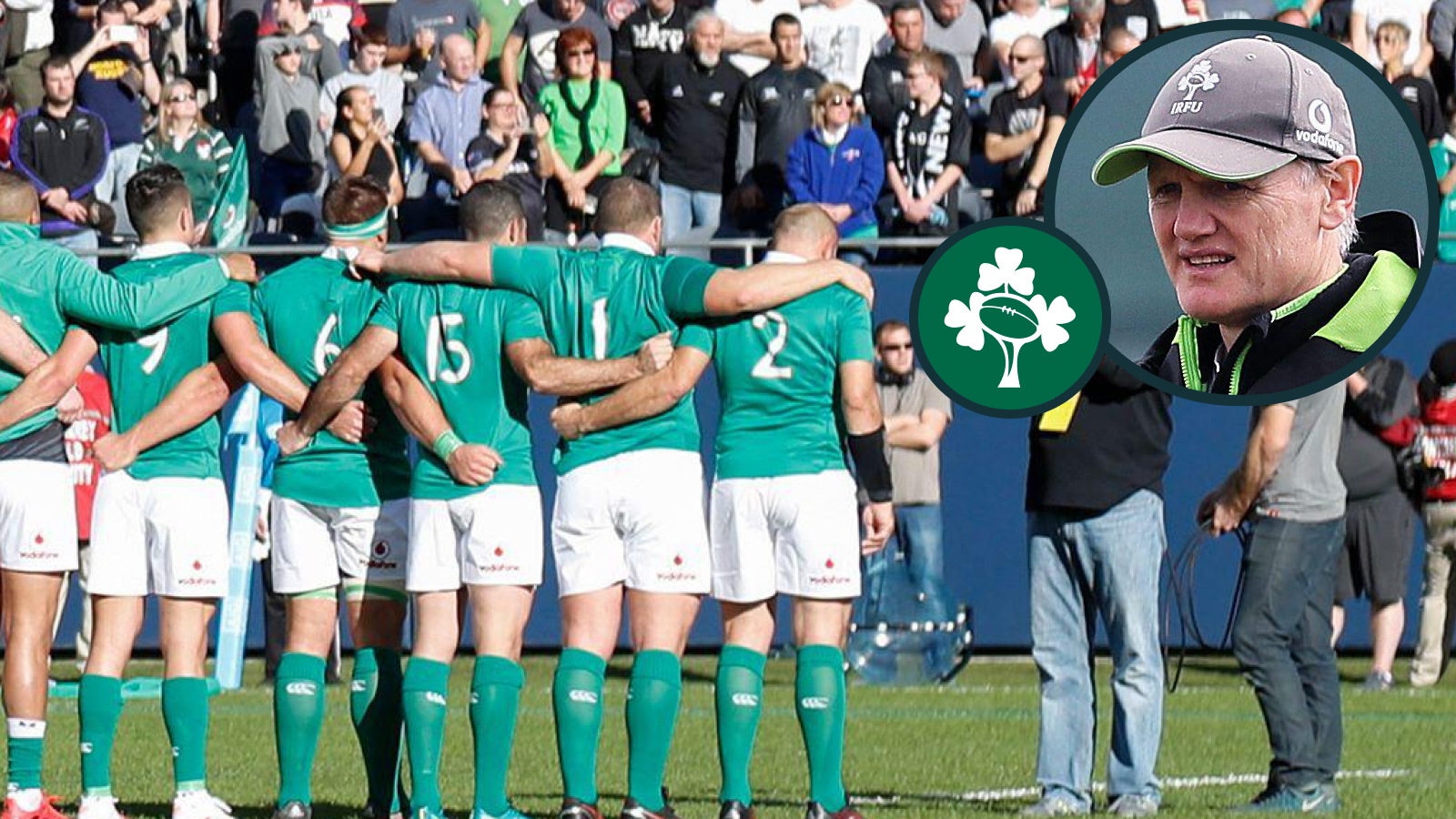The All Blacks and Ireland will collide at Soldier Field in Chicago this weekend, doing battle again in the USA nine years on from the latter’s historic victory.
Ahead of the fixture in 2016, Ireland had never beaten New Zealand before and faced a mighty challenge when they clashed with the then-back-to-back Rugby World Cup winners.
Ireland’s historic victory
The 40-29 success in Chicago ended 111 years of hurt, as for the first time in 29 Test matches, Ireland emerged victorious over the men in black.
It was a historic result for the Joe Schmidt-led side as not only did they beat the All Blacks for the first time in their history, but brought an abrupt end to New Zealand’s 18-match unbeaten run.
The Steve Hansen-coached New Zealand side thrashed Australia 41-13 in August 2015 and would go on to defend their Rugby World Cup title in England, providing their legends Dan Carter and Richie McCaw the perfect send-offs.
They would not taste defeat again until they met with Ireland in Chicago a year later.
In 2025, the two nations return to Soldier Field for an epic repeat of the 2016 feature and ahead of the match, we challenge you to name the Ireland matchday 23 that claimed the historic upset.
While several of the players who donned the green jersey nine years ago have since retired, there are those who could feature for a second time in the fixture.
The longest unbeaten and winning streaks in men’s Test rugby history
One of which started in the backs, another in the pack, while two players came off the bench to see Ireland over the line.
Two players retired as recently as last year, while another hung up his boots following the conclusion of the 2023 Rugby World Cup.
For this quiz, it’s not necessary to type out the player’s full name, as just their surname will suffice.
So, without further ado, take on the quiz and let us know how you fared in the comments on social media.
TRY ANOTHER QUIZ: Can you name every Men’s World Rugby Player of the Year winner?
Quiz: Can you name the 2015 Rugby World Cup-winning All Blacks?

